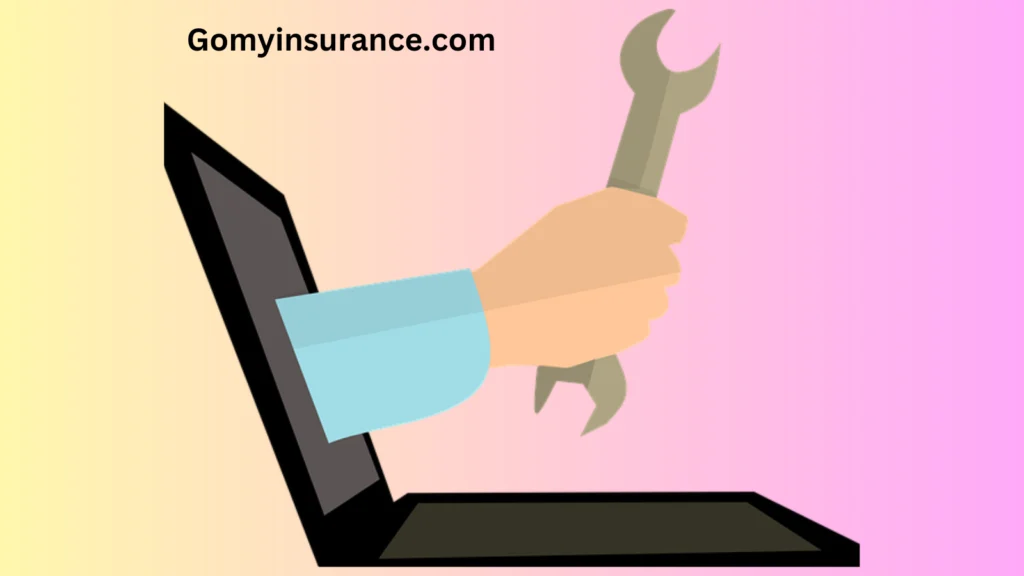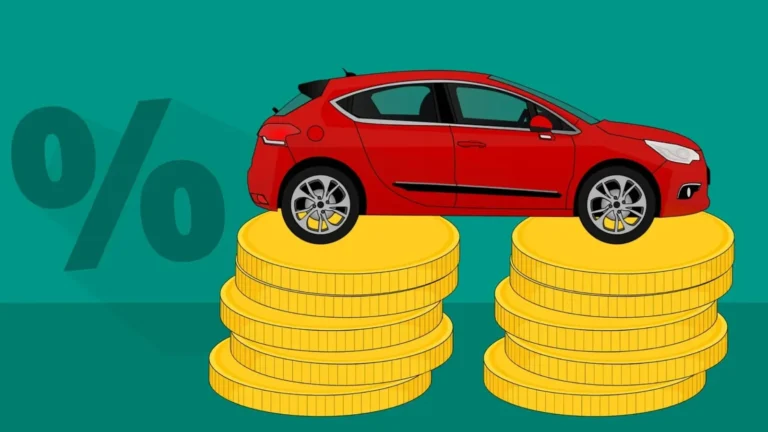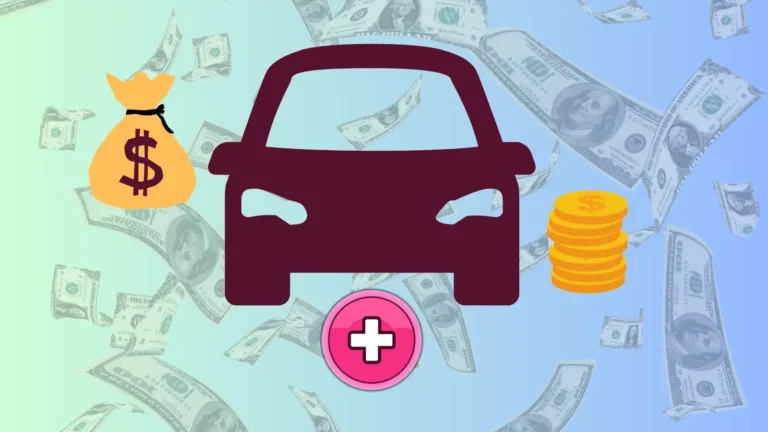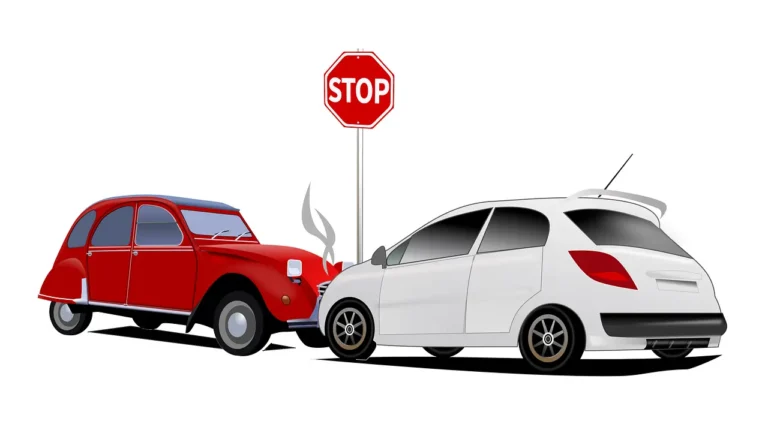What is Auto Insurance? A Comprehensive Guide
Auto insurance is a crucial aspect of vehicle ownership that provides financial protection in the event of accidents, theft, or damage. While the concept might seem straightforward, understanding the different types of coverage and how they work can help you make informed decisions and ensure you’re adequately protected. Here’s a comprehensive guide to what auto insurance is, how it works, and why it’s important.
Understanding Auto Insurance
Auto insurance is a contract between a vehicle owner and an insurance company. In exchange for paying regular premiums, the insurance company agrees to provide financial coverage for various risks associated with owning and operating a vehicle. This coverage helps pay for repairs, medical expenses, and legal costs arising from accidents or other incidents involving the insured vehicle.
Key Components of Auto Insurance
Auto insurance policies typically consist of several key components, each offering different types of coverage:
Liability Coverage
This is one of the most fundamental types of auto insurance. It covers the costs associated with injuries or damages you cause to others in an accident. Liability coverage is usually divided into two parts:
Bodily Injury Liability
Covers medical expenses, lost wages, and other damages for individuals injured in an accident you caused.
Property Damage Liability
Covers the cost of repairing or replacing property (e.g., other vehicles, fences) damaged in an accident you caused.
Collision Coverage
This type of coverage pays for damage to your vehicle resulting from a collision, regardless of who is at fault. It helps cover the cost of repairs or replacement of your car after an accident.
Comprehensive Coverage
Comprehensive insurance provides protection against non-collision-related damages, such as theft, vandalism, natural disasters, and animal strikes. It helps cover the cost of repairing or replacing your vehicle in these situations.
Personal Injury Protection (PIP)
Also known as no-fault insurance, PIP covers medical expenses for you and your passengers, regardless of who was at fault in an accident. It may also cover lost wages and other related expenses.
Uninsured/Underinsured Motorist Coverage
This coverage helps protect you if you’re involved in an accident with a driver who has insufficient or no insurance. It can cover medical expenses, lost wages, and property damage if the at-fault driver can’t pay.
Medical Payments Coverage
This type of coverage helps pay for medical expenses resulting from an accident, regardless of fault. It often covers expenses not included under PIP or health insurance.
How Auto Insurance Works
When you purchase auto insurance, you enter into a contractual agreement with the insurance company. Here’s a simplified overview of how it works:

Premiums
You pay regular premiums (monthly, quarterly, or annually) to the insurance company. The amount you pay depends on various factors, including your driving history, vehicle type, and coverage options.
Deductibles
In the event of a claim, you may be required to pay a deductible—the amount you must cover out of pocket before the insurance company pays for the remaining costs. Higher deductibles generally result in lower premiums, and vice versa.
Claims
If you experience an incident covered by your policy, you file a claim with your insurance company. The company will investigate the claim, assess the damages, and determine the amount of compensation you’re entitled to based on your coverage.
Coverage Limits
Each policy has coverage limits, which represent the maximum amount the insurance company will pay for different types of claims. It’s important to choose limits that adequately reflect your needs and potential risks.
Why Auto Insurance is Important
Auto insurance is essential for several reasons.
Legal Requirement
Most states require drivers to have a minimum level of liability insurance. Driving without insurance can result in legal penalties, fines, and even license suspension.
Financial Protection
Auto insurance helps protect your finances by covering the costs of accidents, damages, and injuries. Without insurance, you would be responsible for paying these expenses out of pocket, which can be financially devastating.
Peace of Mind
Having auto insurance provides peace of mind knowing that you’re protected in the event of unexpected incidents. It helps ensure that you can handle the financial aspects of an accident or other covered event without significant stress.
Vehicle Protection
Comprehensive and collision coverage helps protect your vehicle from various risks, including accidents, theft, and natural disasters. This protection can be particularly valuable for those with new or expensive vehicles.
Choosing the Right Auto Insurance Policy
Selecting the right auto insurance policy involves evaluating your needs, budget, and coverage options. Consider the following when choosing a policy:
Coverage Needs
Assess your driving habits, vehicle type, and potential risks to select the appropriate coverage levels.
Budget
Compare premium costs and deductibles to find a balance between affordability and coverage.
Insurance Provider
Research different insurance companies, their customer service ratings, and claim handling processes to find a reputable provider.
Conclusion
Auto insurance is an importan aspect of vehicle ownership that offers financial protection and peace of mind. By understanding the various types of coverage and how they work, you can make the right decisions and ensure you have the right protection for your needs. always review your policy regularly and adjust your coverage as necessary to keep up with changes in your life and driving circumstances.




